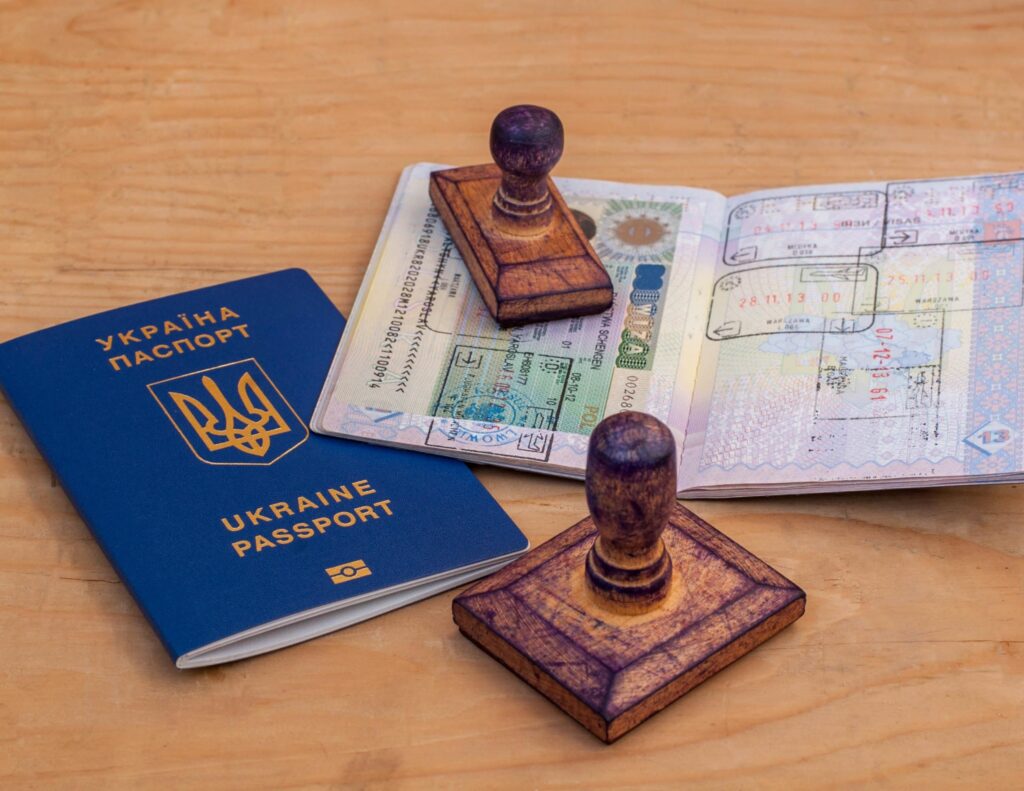
In addition to being an amazing opportunity, studying abroad can help you advance in your profession. Your employment prospects can be greatly improved by obtaining a job after college and gaining real-world work experience through internships. For overseas students wishing to navigate the internship and post-study career world, this resource offers a straightforward road map.
Part 1: Cracking the Internship Code
Internships are really beneficial. They enhance your résumé, help you expand your professional network, and provide you with practical experience. How to get one is as follows:
Get Your Search Started Early: Avoid putting things off till the last minute! Searching for an internship should start well in advance, usually months before the start of the term. You’ll have more possibilities if you start early.
Where to Look: Your best ally is an online employment board. Excellent starting points include websites such as Indeed, Glassdoor, LinkedIn, and specialised industry employment boards. Don’t overlook the career services offered by your university! They can put you in touch with alumni, hold career fairs, and frequently list employment openings.
Resume and Cover Letter Magic: Your cover letter and CV serve as your initial impression. Make them matter! Make them unique for every internship you’re applying for. Emphasise your abilities, academic successes, and any relevant work history. When feasible, quantify your successes and use powerful action words. Say “Increased social media engagement by 15% through targeted campaigns” as an example rather than “Helped with marketing.”
Networking is Key: Networking is like making friends in the professional world. Attend career fairs, workshops, and networking events hosted by your university or local organizations. Connect with professors, alumni, and professionals in your field. LinkedIn is a powerful tool for online networking. A simple message like, “I’m a student at [University] studying [Your Major] and I’m very interested in your work at [Company]. Would you be open to a brief informational interview?” can go a long way.
University Connections: Many universities have partnerships with companies that offer internships specifically for their students, including international students. Check with your university’s career services office to see what’s available.
Interview Ace: Practice makes perfect! Prepare for interviews by practicing common interview questions. Research the company thoroughly so you can show your interest and knowledge. Be ready to explain why you’re a good fit for the role and highlight any unique skills or perspectives you bring as an international student. Being bilingual or having cross-cultural experience can be a real asset.
Part 2: Working After Graduation: Visa Essentials
While getting an internship is a fantastic starting step, what about once you graduate? If you intend to remain and work in your host country, it is essential that you comprehend the post-study work visa regulations. Extensive research is necessary because these policies differ greatly between nations.
Country-Specific Visa Policies: Each country has its own rules. Here are a few examples, but always check the official government websites for the most up-to-date information:
USA: Optional Practical Training (OPT) is a popular option for F-1 visa students. It allows you to work in your field of study for up to 12 months after graduation, and STEM graduates may be eligible for extensions.
UK: The Graduate Route visa allows eligible international students to stay and work in the UK for two years after completing their degree.
Canada: The Post-Graduation Work Permit Program (PGWPP) is a popular choice in Canada. It allows eligible graduates to work for up to three years after graduation.
Australia: The Temporary Graduate visa (subclass 485) allows eligible international students to stay and work in Australia for a period of time after they graduate.
Germany: Germany offers a residence permit for job seekers, allowing graduates to stay in the country for a certain period to find employment.
Career Services Support: Your university’s career services office can be a valuable resource for navigating post-study work visa requirements. They can often provide information sessions, workshops, and one-on-one counseling.
Skill Up: Employers are looking for skilled individuals. Focus on developing both your technical skills (hard skills) and your soft skills (communication, teamwork, problem-solving). Consider certifications, online courses, or additional training to enhance your expertise.
Target High-Demand Sectors: Research which industries are hiring in your host country. Fields like technology, healthcare, engineering, and business often have a high demand for skilled professionals, including international graduates.
Stay Updated on Visa Extensions: Visa rules can change, so it’s important to stay informed about any updates or extensions that might be available. Many countries offer pathways to extend your visa if you secure employment.
Part 3: Making it Happen: Tips for Success
Be Proactive: Don’t just wait for opportunities to come to you. Be proactive in your job search. Network actively, attend industry events, and apply for jobs that interest you.
Build Your Network: Networking is essential for finding job opportunities. Connect with people in your field, attend industry conferences, and join professional organizations.
Perfect Your Application Materials: Your resume and cover letter should be tailored to each job you apply for. Highlight your skills and experience in a way that shows how you meet the employer’s needs.
Practice Your Interview Skills: Practice answering common interview questions and be prepared to discuss your skills, experience, and career goals. Be confident and enthusiastic during interviews.
Be Patient and Persistent: The job search process can take time. Don’t get discouraged if you don’t get immediate results. Keep applying for jobs and keep networking.
Embrace the Experience: Studying and working abroad is a unique and valuable experience. Embrace the challenges and opportunities that come your way. Learn from your experiences and build your global network.
Conclusion: Your Global Career Starts Here
It requires preparation, work, and initiative to find internships and post-study employment possibilities overseas. You may greatly improve your chances of success by getting started early, making use of the tools that are available, and keeping up with the latest information regarding visa requirements. You may start your worldwide career, expand your international network, and obtain useful work experience if you are persistent and have a good outlook.



